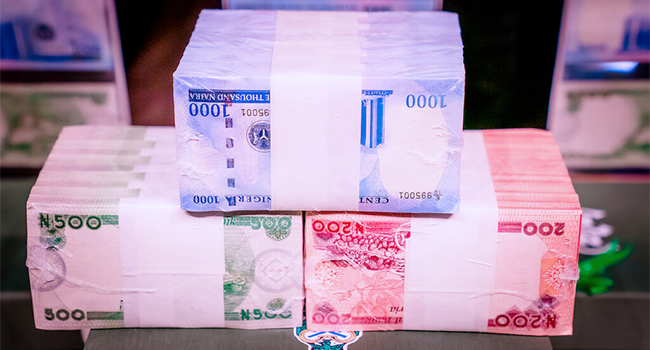CBN’s Crackdown on Illicit Cash Distribution
In a bold move to regulate the distribution of currency, the Central Bank of Nigeria (CBN) has imposed a hefty fine of N150 million per branch on deposit money banks (DMBs) found guilty of supplying newly minted naira notes to currency hawkers and unscrupulous agents. This decision was communicated through a circular issued on December 13, 2024, and signed by the Acting Director of the Currency Operations Department, Mohammed Olayemi.
The circular specifies that any bank branch found facilitating, aiding, or abetting the flow of mint banknotes to currency hawkers will be penalized at the first instance with a fine of N150 million. Subsequent violations will attract even harsher penalties under the provisions of the Banks and Other Financial Institutions Act (BOFIA) 2020. This regulatory action aims to curb the increasing trend of new notes being sold on the black market, which undermines the CBN’s efforts to ensure an efficient cash distribution system.
The CBN’s stern measures come in response to widespread complaints about the scarcity of new notes at official banking channels while they are readily available through hawkers at a premium. This unauthorized sale not only leads to public frustration but also devalues the naira, disrupts the economy, and promotes illegal trading. The bank’s intervention is part of broader efforts to maintain the integrity of the currency and ensure that new notes are properly circulated among the public.
READ ALSO: CBN Clarifies: Old Naira Notes Remain Legal Tender Indefinitely
Following the announcement, several banks have taken immediate steps to comply with the CBN’s directive. Reports indicate that at least two major commercial banks in Lagos have ceased over-the-counter disbursement of mint banknotes. The banking sector is now under increased scrutiny, with the CBN promising intensified spot checks and mystery shopping to ensure complianc
Public and Economic Implications
This fine could lead to better cash management practices among banks, ensuring that new currency reaches the public through legitimate channels. It also sends a strong message to both banks and hawkers about the seriousness of currency mismanagement. However, there’s a concern that this might push hawking activities further underground, complicating enforcement efforts.
Conclusion
The CBN’s decision to fine banks heavily for the illegal distribution of new naira notes is a significant step towards cleaning up the currency supply chain. While it’s aimed at improving the efficiency of cash distribution, the effectiveness of this measure will depend on the vigilance of the CBN and the cooperation of the banking sector.










